Neuro-Inclusion in Apprenticeships: Unlocking our Full Potential
November 04, 2024
The Importance of Inclusive Apprenticeships
In today’s changing educational and professional landscapes, inclusivity in apprenticeships is more vital than ever. For many young people, apprenticeships act as a bridge between school and the workplace, offering valuable hands-on experience, mentoring, and a path to long-term employment at a time of change.
As we look to the future of apprenticeships, we need to ensure that we are building inclusive practices into every single stage of the design and delivery of apprenticeship programmes, recognising where adjustments can be made to ensure that every learner can fulfil their potential.
In anticipation of National Inclusion Week 2024 and with recent changes to Functional Skills and assessment already starting to have an impact, Amazing Apprenticeships’ recent Time for Change webinar “Neuro-Inclusion in Apprenticeships” explored how employers can make apprenticeship programmes more inclusive for neurodiverse individuals, ensuring that no one is left behind.
Chair of the popular Time for Change series, Anna Morrison, Founder of Amazing Apprenticeships, was joined by a panel of expert speakers. Dr Siobhan Mellor, an Educational Psychologist with the Real Group, Jonathan Smith, who has been leading on inclusive and accessible apprenticeships at Essex County Council, and James Livesey, Software Engineer at the BBC.
“Neuro-inclusion is something that is close to my heart. I have many family members and friends who have been diagnosed in recent years with neurodivergence, and I’ve seen first-hand the impact that this has on their lives. I often think about what lies ahead in their future careers, and I hope beyond anything that they will have options and opportunities. The work starts now – we need to share what works, find time to come together to increase awareness, and beyond anything else – learn from the lived experiences of others. After all – they are the experts.”
Understanding Neurodiversity
Dr Siobhan Mellor gave a brilliant introduction to the concept and history of neurodiversity and how it can apply to the world of apprenticeships, helping the audience to recognise differences as part of the broader spectrum of human experience. Dr. Mellor set out the many unique skills and qualities that neurodivergent individuals can bring, whilst also recognising that despite huge progress in education and work environments, neurodiverse people may still encounter barriers that prevent them from realising their full potential.
Strategies for Neuro-Inclusive Apprenticeships
The panel of experts shared their insight on what organisations can do to remove those barriers and ensure that apprenticeship programmes are accessible and supportive for neurodiverse individuals:
- Tailored Support: Offering personalised learning plans and mentoring can help neurodiverse apprentices thrive in environments that may not otherwise suit their learning styles.
- Flexible Learning Methods: Providing a variety of teaching approaches—such as visual aids, hands-on tasks or auditory instructions, ensures that apprentices can learn in ways that work with their strengths.
- Creating Safe Spaces: Cultivating an environment where apprentices feel comfortable disclosing their neurodiversity is important. Encouraging open discussion about accommodations allows individuals to seek the support they need without fear of judgment.
- Training for Employers and Mentors: Employers and trainers will benefit from understanding the value of neurodiverse individuals and how best to support them, as well as the individuals themselves. Training on neuro-inclusion can empower those in charge to create environments where everyone has the chance to succeed.
Although important, inclusion in apprenticeships is not just about levelling the playing field; it’s also about recognising and celebrating the unique contributions every individual can bring to the workplace. By making neuro-inclusion a priority, apprenticeship programmes can unlock the potential of all participants, paving the way for a more diverse, vibrant, creative and innovative workforce.
To watch the Time for Change “Neuro-Inclusion in Apprenticeships” webinar, please click here.
To discover the full Time for Change series of webinars, please click here.
To find out more about National Inclusion Week, please click here.
Latest News
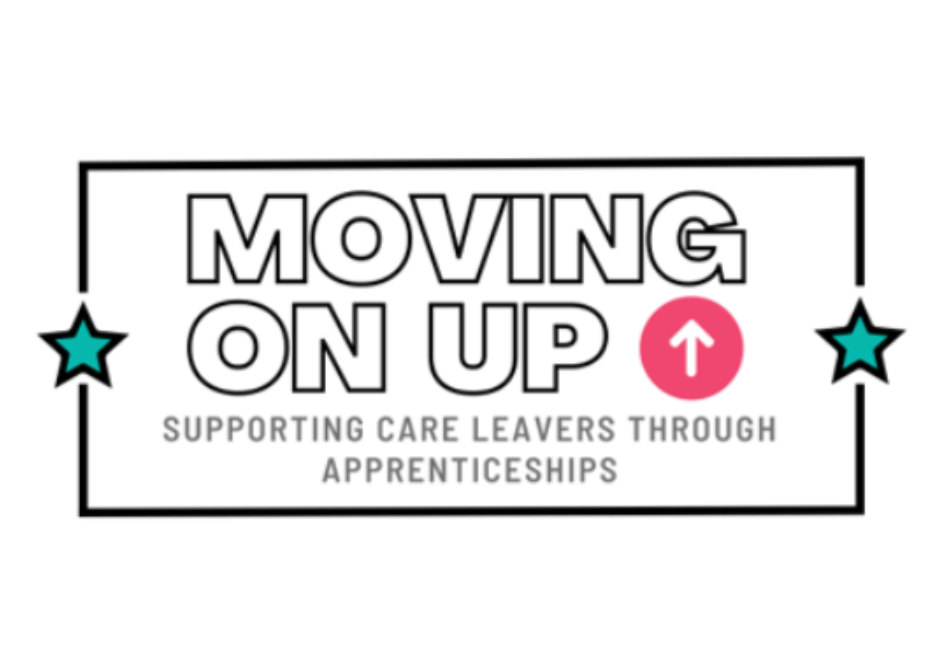
March 13, 2025
Moving On Up Network receives special message from Jacqui Smith, Skills Minister
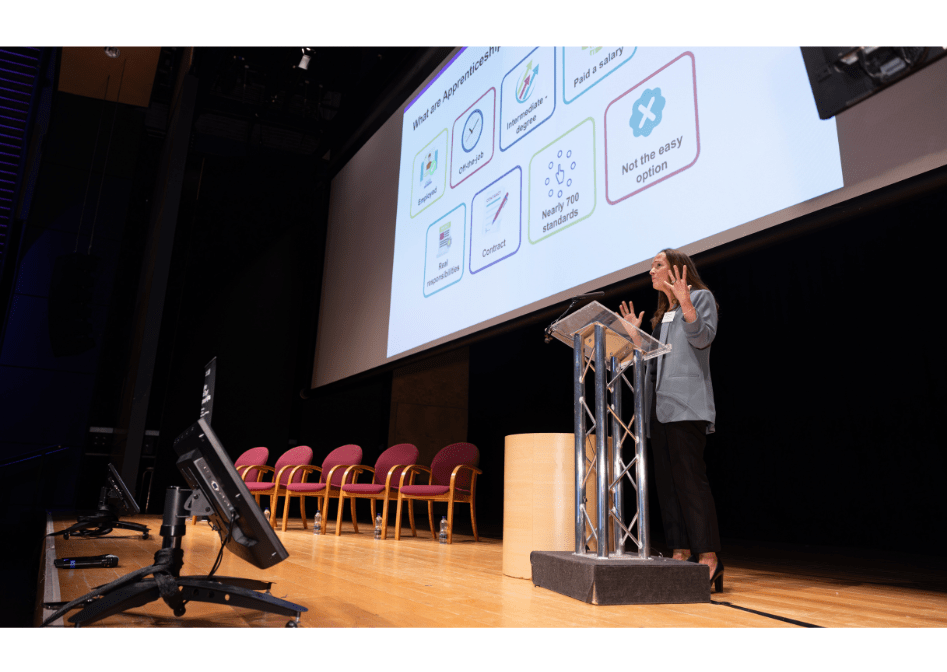
February 24, 2025
Cutting Through The Complexities Of Apprenticeships
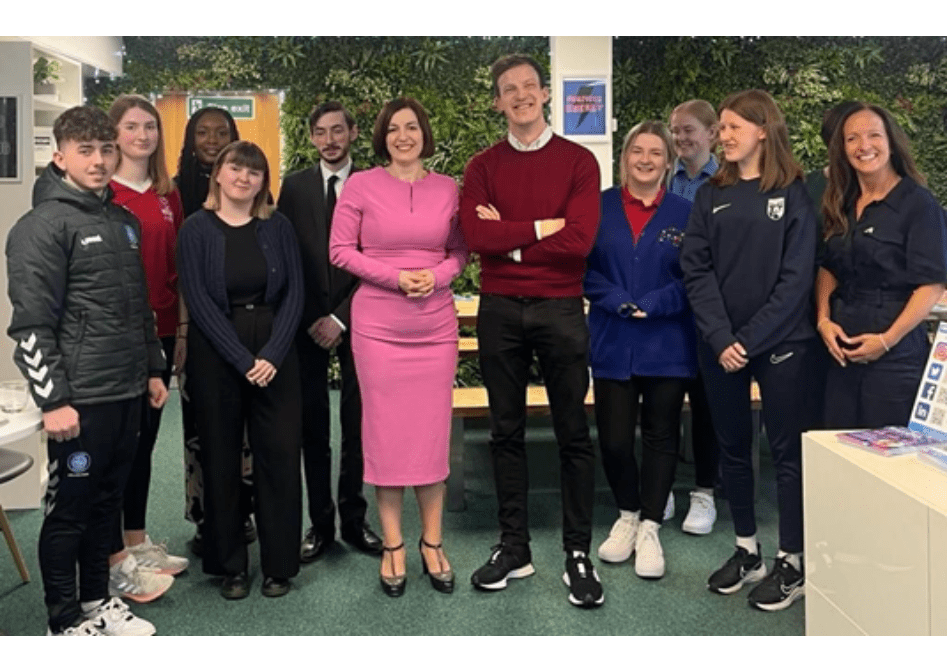
February 17, 2025
Amazing Apprenticeships’ special mention in Parliament
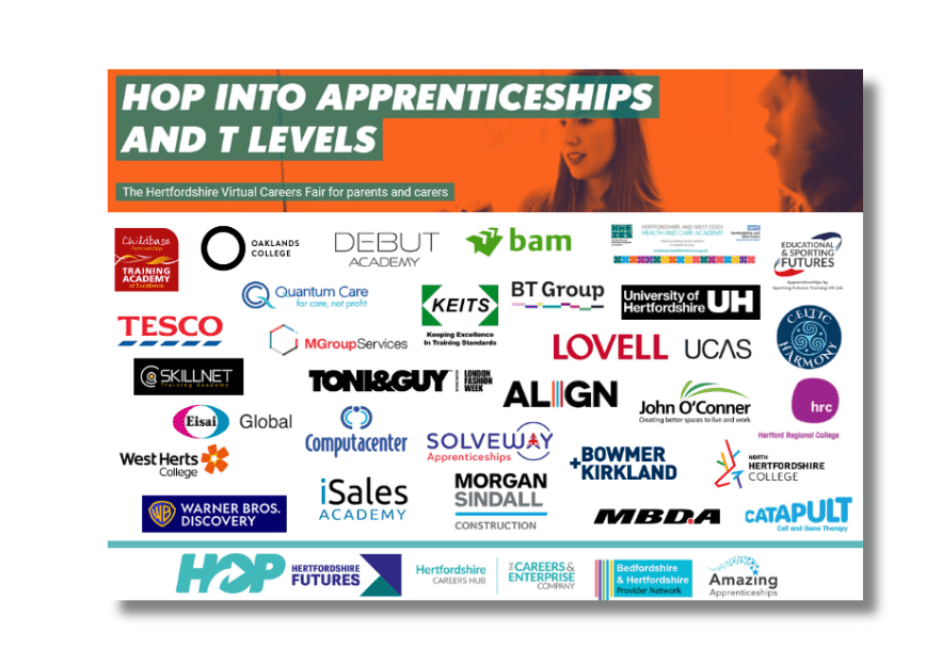
February 17, 2025
Exploring Opportunities in Hertfordshire
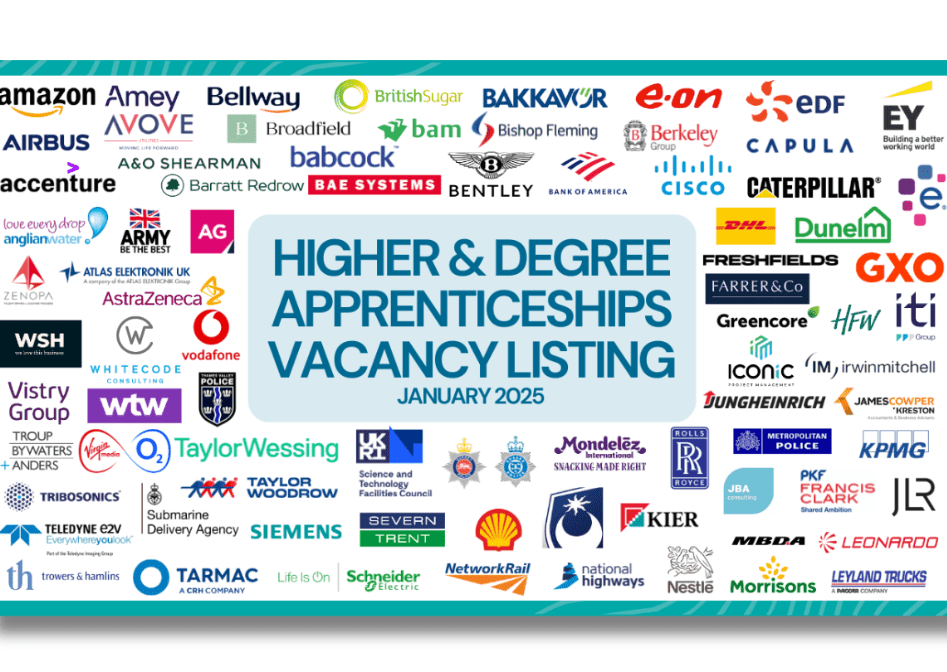
February 17, 2025
2,400 vacancies from over 80 leading employers – The January listing is here!
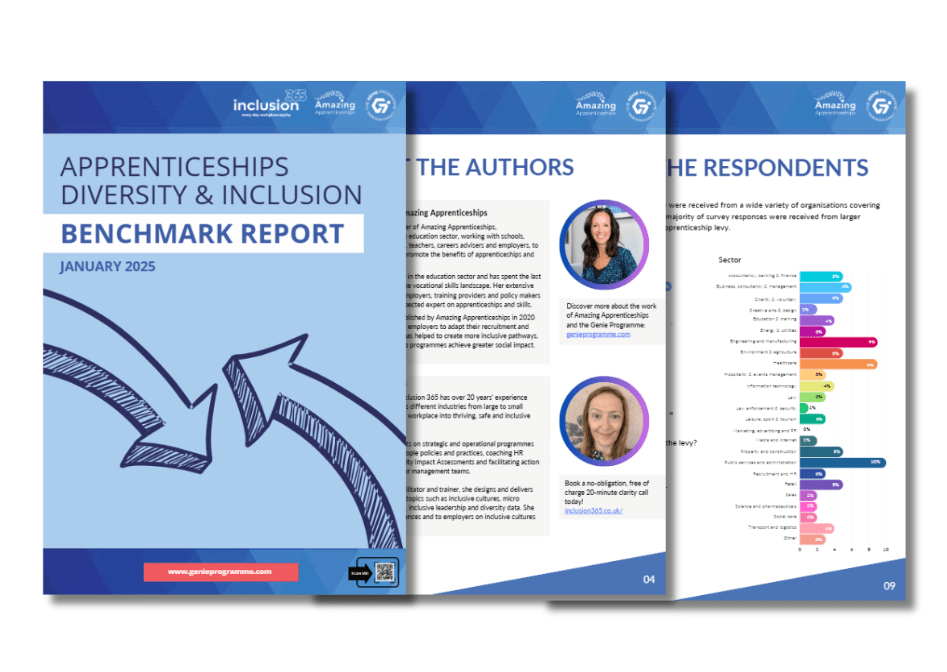
February 03, 2025